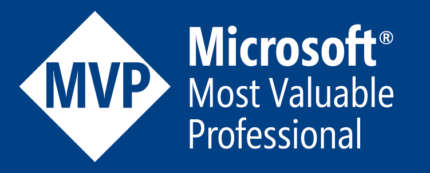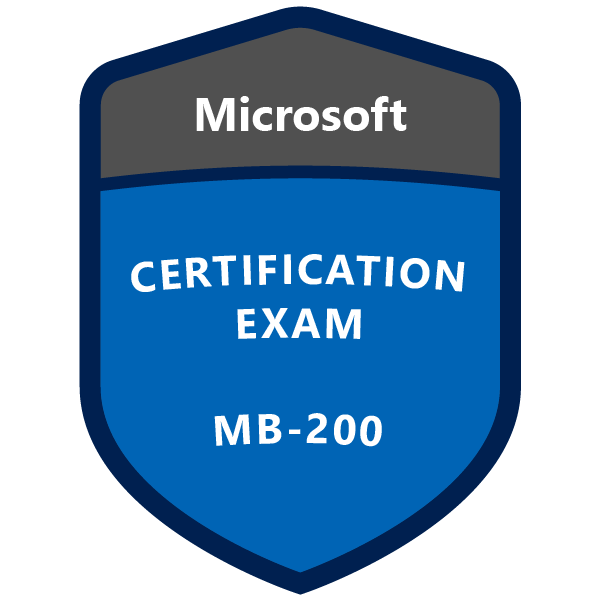Solution Dependency in Power Apps Solution Mangement

Power Apps is Microsoft’s suite of apps, services, connectors, and data platform that provides a rapid application development environment. One of the key features that make Power Apps powerful is its ability to manage and deploy solutions across different environments efficiently. When working with multiple components or customizations within Power Apps, understanding solution dependency becomes crucial to ensure smooth deployment and management. In this blog post, we will delve into the concept of solution dependency and its importance in Power Apps Solution Management.
Watch the below video to understand more on this or scroll down to read the article.
What is Solution Dependency?
Solution dependency refers to the relationships between different components or customizations within a Power Apps solution. These dependencies dictate the order in which components must be deployed to ensure that all related components are available and functional. For example, if you have a custom entity that has a relationship with another custom entity, the entity definitions must be deployed in the correct order to maintain the relationship.
Types of Dependencies
Component Dependencies
Component dependencies are the most common type of dependencies in Power Apps solutions. These dependencies exist between different components such as entities, fields, views, forms, and business rules. For example, a form depends on the entity it is associated with, and a view depends on the fields and entity it references.
Solution Dependencies
Solution dependencies are relationships between different solutions. A solution may depend on another solution to function correctly. For example, if you have a base solution that contains common components used across multiple solutions, other solutions may depend on this base solution.
Version Dependencies
Version dependencies refer to the dependencies based on the version of the components or solutions. It ensures that the components are compatible with each other based on their versions.
Importance of Solution Dependency
Ensures Data Integrity
By understanding and managing solution dependencies, you can ensure that data integrity is maintained during deployment. Deploying components in the correct order prevents issues such as missing references or broken relationships.
Facilitates Modular Development
Solution dependency encourages modular development by allowing you to break down complex solutions into smaller, manageable components. This approach promotes reusability and maintainability of components across different solutions.
Streamlines Deployment Process
Understanding solution dependencies streamlines the deployment process by automating the deployment order based on dependencies. This reduces the risk of deployment failures and simplifies the management of solutions across different environments.
Best Practices for Managing Solution Dependency
- Document Dependencies: Always document the dependencies between components and solutions to keep track of relationships and deployment order.
- Test Deployments: Before deploying solutions to production environments, conduct thorough testing in sandbox or development environments to identify and resolve any dependency issues.
- Use Solution Checker: Utilize the Solution Checker tool in Power Apps to identify and validate dependencies before deploying solutions.
- Maintain Version Compatibility: Ensure that components and solutions are compatible with each other by managing version dependencies effectively.
- Automate Deployment: Consider using automated deployment tools or scripts to streamline the deployment process and manage dependencies more efficiently.
Conclusion
Solution dependency is a fundamental aspect of Power Apps Solution Management that ensures smooth deployment and management of solutions across different environments. By understanding and managing dependencies effectively, you can maintain data integrity, facilitate modular development, and streamline the deployment process. Adopting best practices for managing solution dependency will help you build robust and scalable Power Apps solutions that meet your business requirements effectively.











